For corporate employees, travel isn’t just an escape from the daily grind. It’s an opportunity to recharge, gain fresh perspectives, and even enhance professional skills.
Whether it’s a corporate retreat, an international conference, or a well-earned vacation, travel has profound benefits for both personal and professional growth.
Recent studies have uncovered fascinating ways in which travel benefits the brain and body in ways we never imagined. From enhancing cognitive abilities to promoting overall well-being, here’s why packing your bags might be one of the best decisions you can make.
1. Travel Boosts Brain Power and Enhances Learning
Not only is travel an exciting escape from routine, but it also stimulates creativity and sharpens cognitive functions. For corporate employees, a new environment whether for business or leisure offers a mental reset, boosting creativity and adaptability.
When we travel, our brains engage in a full workout due to the exposure to new experiences, languages, and challenges.



Cunard, the luxury cruise line, conducted groundbreaking research on the Queen Mary 2 ship to study the benefits of slow travel. The study, which involved 40 guests on a transatlantic voyage, revealed remarkable improvements in brain function with just 5 days of slow travel:
- 26% increase in cognitive abilities such as memory, spatial reasoning, and logical thinking.
- 29% improvement in short-term memory recall.
- 125% boost in complex problem-solving skills.
- 14% rise in attention levels.
Dr. Jack Lewis, a neuroscientist involved in the research, pointed out that stress reduction played a key role in these enhancements. Stress, particularly due to elevated cortisol levels, can interfere with cognitive processes.
The peaceful, engaging environment of slow travel allows the brain to function at its full potential. Whether you’re planning a cruise, road trip, or cultural expedition, travel can serve as a powerful tool to strengthen cognitive functions and enhance learning.
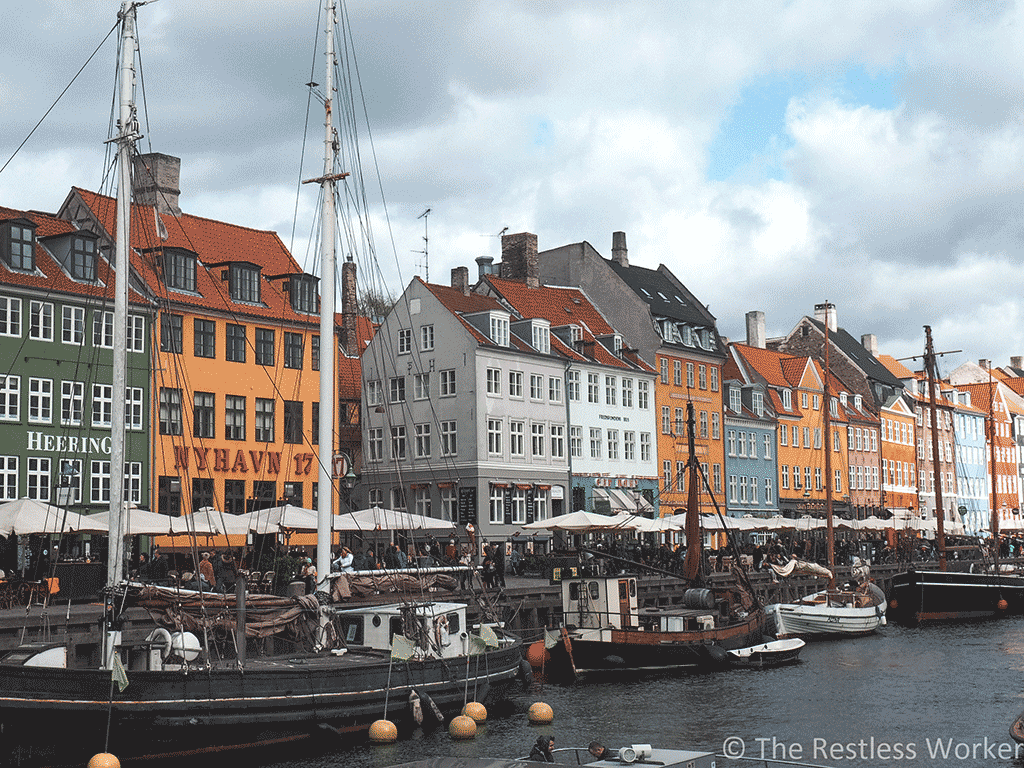
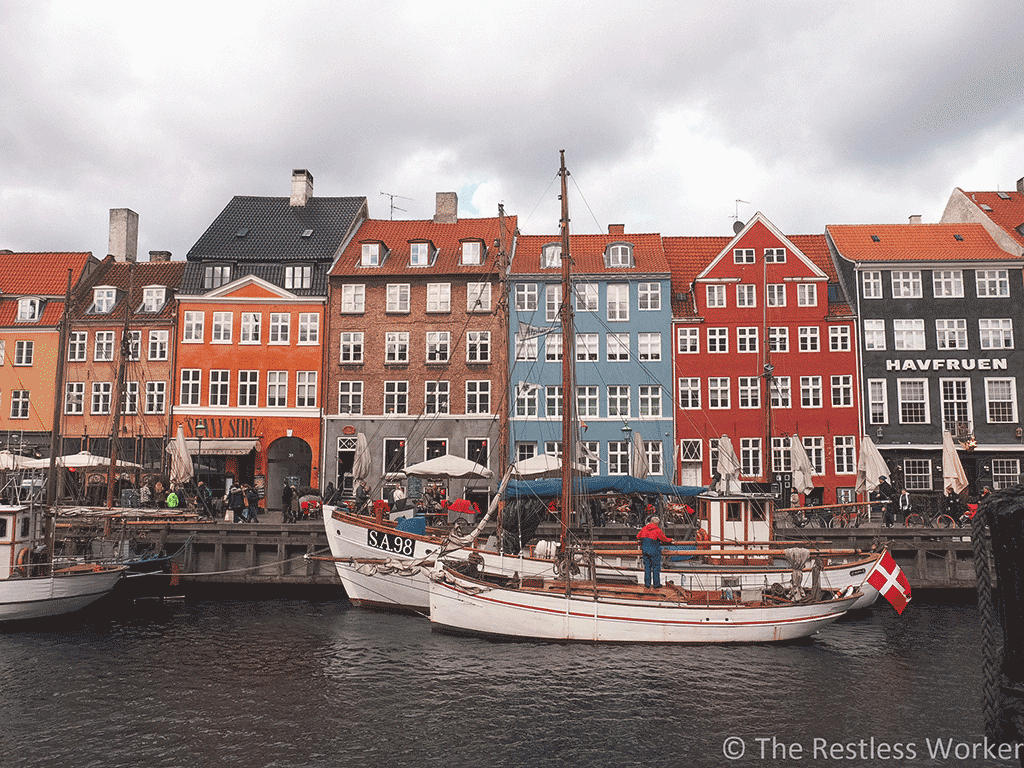
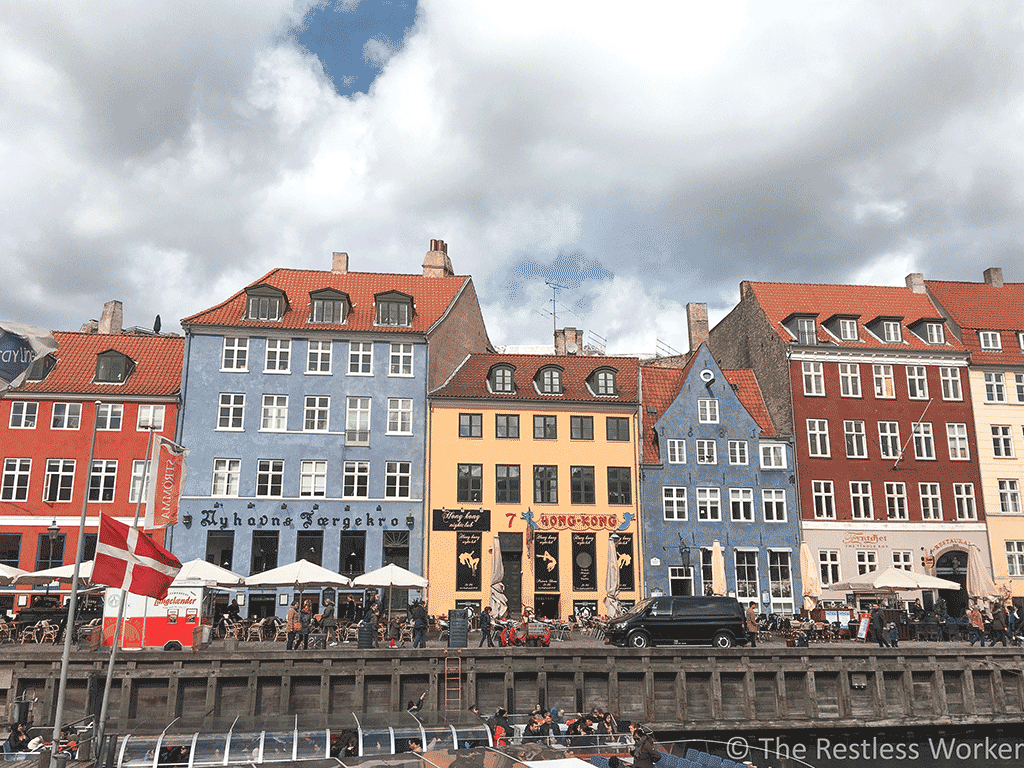
Why Travel Should Be a Cornerstone of Future-Ready Careers
Integrating travel into the education curriculum can shape students into dynamic, globally aware professionals better prepared for the demands of the corporate world. Exposure to diverse cultures, environments, and problem-solving scenarios sharpens critical thinking, adaptability, and leadership skills- qualities that top employers actively seek.
Just as Cunard’s study highlights travel’s role in enhancing memory, problem-solving, and logical reasoning, students who engage in travel-based learning gain a competitive edge. These experiences cultivate resilience, cross-cultural communication, and a broader perspective- key attributes in today’s interconnected business landscape.
To help make this change a reality, pursuing a career in educational leadership can be a practical step. Programs like an online doctorate in educational leadership equip professionals with the expertise to shape policies that integrate experiential learning. This ensures students graduate with the global competence needed to excel in modern industries.
This degree empowers you to become a visionary leader in education, Marymount University notes. It enables you to drive meaningful, innovative changes that improve student development and broaden their horizons. This ensures they become both academically strong and strategically prepared for corporate success while broadening their horizons.



2. Travel as a Natural Anti-Aging Remedy
The corporate world is no stranger to stress. Experts warn that prolonged exposure to this stress can trigger inflammation and even damage cellular DNA- both of which accelerate aging. But what if the secret to staying youthful isn’t an expensive skincare routine, but travel itself?
A study published in the Journal of Travel Research found that leisurely travel can help regulate the immune system and reduce chronic stress. It also promotes overall well-being.
Researchers from Edith Cowan University in Australia applied the scientific theory of entropy (the natural tendency toward disorder and aging) to tourism. They found that positive travel experiences could slow down the effects of aging.
PhD candidate and lead researcher Fangli Hu explains that exposure to new environments, physical activity, and social interactions while traveling is crucial. These experiences play a vital role in maintaining both physical and mental wellness.
Engaging with new cultures, staying active, and breaking away from daily stressors all contribute to a healthier, more youthful body and mind. In short, travel isn’t just about leisure; it’s a scientifically backed way to enhance longevity.


3. Travel Sharpens Planning and Decision-Making Skills
Planning a trip involves choosing destinations, booking flights, and managing a budget, all of which activate key cognitive functions in the brain’s frontal lobes. This region, the largest part of the brain, controls movement, speech, problem-solving, and social interactions. According to WebMD, the frontal lobes are the last to fully develop, typically maturing around age 25.
However, travel can accelerate this development by stimulating cognitive growth. It enhances executive functions such as organization, adaptability, and problem-solving.
From adjusting itineraries on the go to overcoming unexpected challenges, travelers constantly refine their ability to think critically. These quick decision-making skills are valuable beyond travel, benefiting academics, careers, and everyday life.
For corporate employees, this translates into improved decision-making, flexibility, and resilience- qualities that enhance productivity and leadership in a fast-paced work environment.


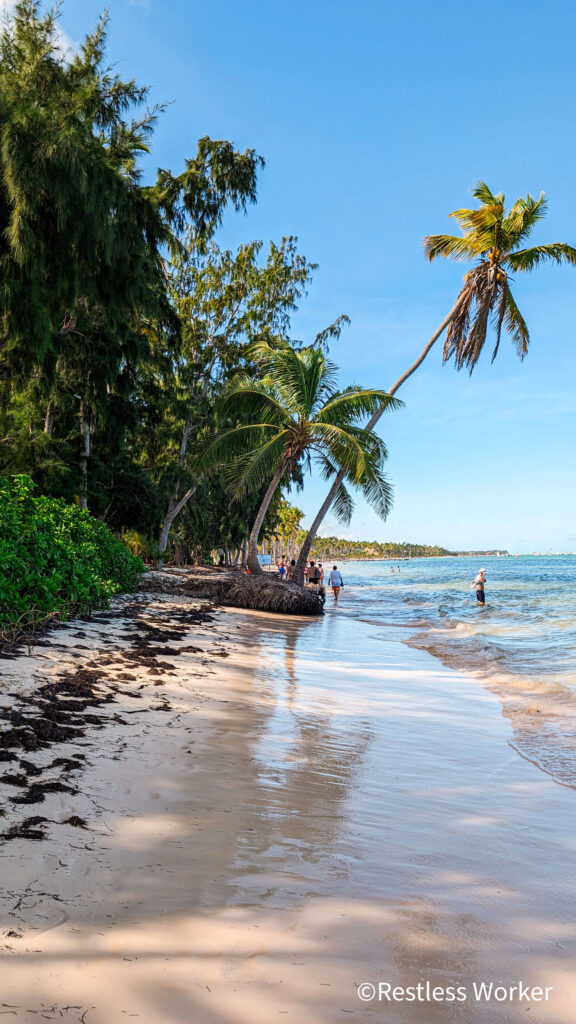
4. Travel Promotes Social Intelligence and Emotional Growth
With rising stress, anxiety, and digital fatigue becoming widespread, especially among younger generations, prioritizing emotional well-being has never been more important. Travel serves as a powerful remedy, offering a break from routine pressures while fostering resilience, social intelligence, and a broader perspective on life.
A McKinsey survey reveals that 66% of travelers have developed a greater interest in travel compared to the period before the COVID-19 pandemic. Millennials and Gen Z are leading this trend, taking nearly five trips on average in 2023.
This growing enthusiasm highlights the recognition that travel is not just about leisure but also about self-care and mental rejuvenation. Stepping into new environments and navigating cultural differences help young travelers build emotional adaptability. Engaging with diverse communities fosters a deeper sense of connection and helps combat loneliness.
In a time when mental health struggles are increasingly common, travel offers a meaningful path to self-discovery, emotional balance, and a more fulfilling life.



FAQs
How does traveling contribute to personal growth?
Traveling challenges you to step out of your comfort zone, build confidence, and become more adaptable in the face of new experiences. It teaches resilience as you navigate unfamiliar situations and challenges while encouraging self-discovery as you learn more about yourself in diverse environments.
How does traveling help build stronger relationships?
Traveling together creates meaningful shared experiences that foster deeper bonding and strengthen communication within relationships. Whether you’re exploring new destinations with family, friends, or a partner, these moments of discovery and adventure foster a deeper connection. They allow you to engage on a more intimate level, helping to strengthen your emotional ties.
What impact does travel have on your overall happiness?
Travel contributes to long-term happiness by providing valuable opportunities for exploration and personal growth and creating unforgettable experiences. It gives a strong sense of accomplishment, encourages meaningful personal reflection, and offers joyful moments that greatly enhance your life and bring lasting fulfillment.
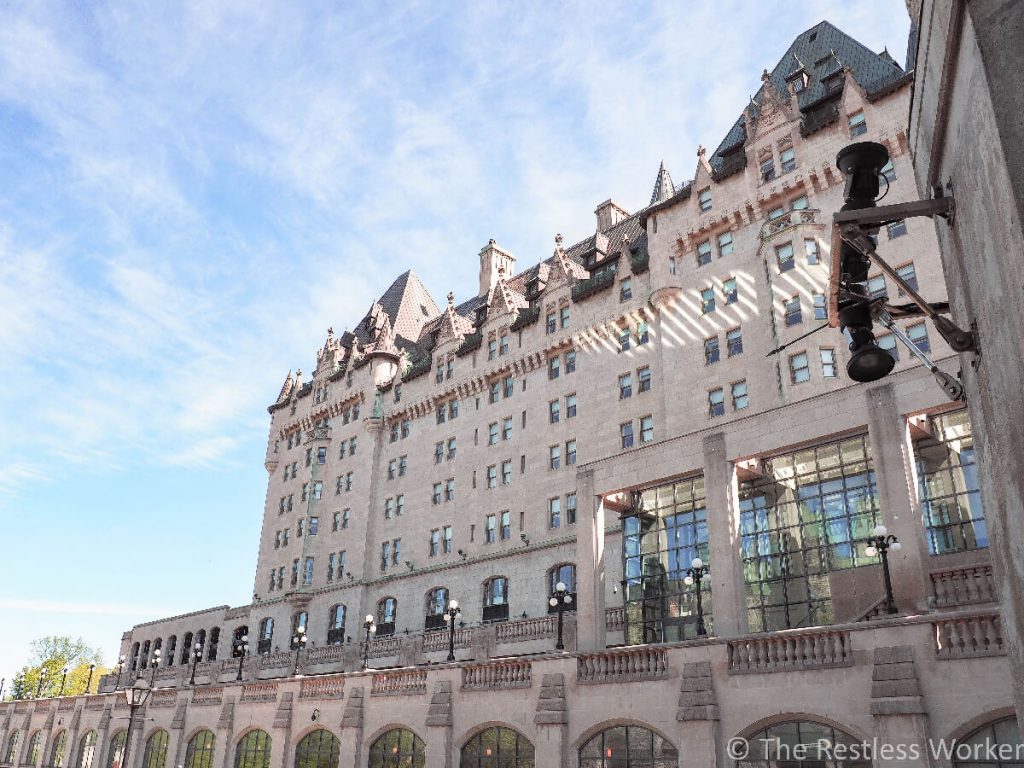


Final Thoughts: Travel is the Ultimate Brain and Body Booster
Travel is more than just an escape; it’s a powerful tool for self-improvement, whether you’re a corporate employee or a full-time parent. From boosting cognitive function and slowing down aging to reducing stress and anxiety, the benefits of travel extend far beyond what we might expect.
Whether it’s a weekend getaway or a month-long adventure, every journey provides a unique opportunity for growth, learning, and renewal.
The next time you feel the urge to explore, remember that you’re not just indulging in wanderlust. You’re investing in a sharper mind, a healthier body, and a more fulfilling life.



